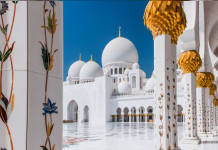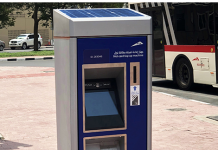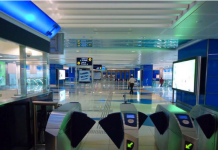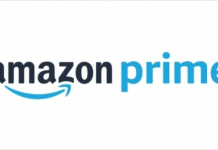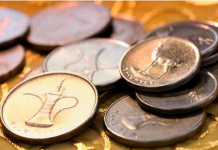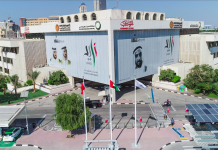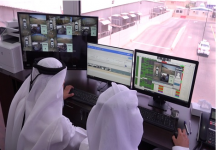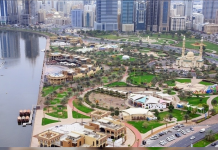
The consumer goods industry witnessed 37 per cent growth in Q4 2017 as residents across the emirates prepared for the implementation of VAT, according to the latest Monster Employment Index (MEI).
Consumer goods includes FMCG, food and packaged food, home appliances, garments, textiles, leather, gems and jewellery, saw 37 per cent growth in Q4 2017, compared to the same period last year.
The Dubai Shopping Festival, which launched on 26 December coincided with the holiday season, which always generates an increase in consumer spending.
“We are pleased to have launched the latest edition of Monster’s MEI, although I cannot say that this quarter’s results are all that surprising. Consumer brands across the UAE were anticipating an influx in purchases in December 2017, as consumers across the UAE rushed to make their purchases before VAT was implemented. This, combined with the holiday season and launch of Dubai’s Shopping Festival, gave the UAE’s consumer goods industry a boost to finish off the year strong,” said Sanjay Modi, Managing Director, Monster.com, APAC & Middle East.
According to some of the UAE’s leading shopping destinations, including Dubai Festival City and Wafi Mall, there was a remarkable increase in footfall to the shopping malls, as well as increased spending. Euromonitor International also noted that consumers were stocking up on not only their everyday items, such as groceries and household hygiene, but also the more expensive products. This includes electronics, as well as jewellery.
Looking at the electronics sector, most retailers saw a surge in sales. This was especially evident with electronic devices, sales of gadgets, and electronic accessories. The gold and jewellery sector also witnessed a significant increase in sales throughout the last week of December 2017, with some retailers reporting up to five times sales volume compared to the same period last year.
“It will be interesting to see how this trend progresses as we move into 2018. In fact, we have already seen a slight slowdown in spending in the first few weeks of in January, compared to the record-breaking figures in December. Of course, this is expected, as consumers across the UAE and GCC are reacting to the newly increased costs of everyday consumer items. In the longer term, we look forward to seeing how positively VAT impacts markets across the region, cutting across the industry sectors” said Modi.
According to the latest MEI, the chemical industry (including rubbers, paints and fertiliser) witnessed a 23 per cent increase from the same time last year. In under-performing industries, education and IT (including telecom) both recorded a decline of 13 per cent.
The only UAE occupation to register any growth from Q4 2016 is software (including hardware), benefitting from a 24 per cent increase. HR (including admin) experienced the steepest decline, suffering from a significant 57 per cent decrease from the same period last year, followed by sales (including businesses development) and finance (including accounting) registering declines of 34 per cent and 25 per cent respectively.




